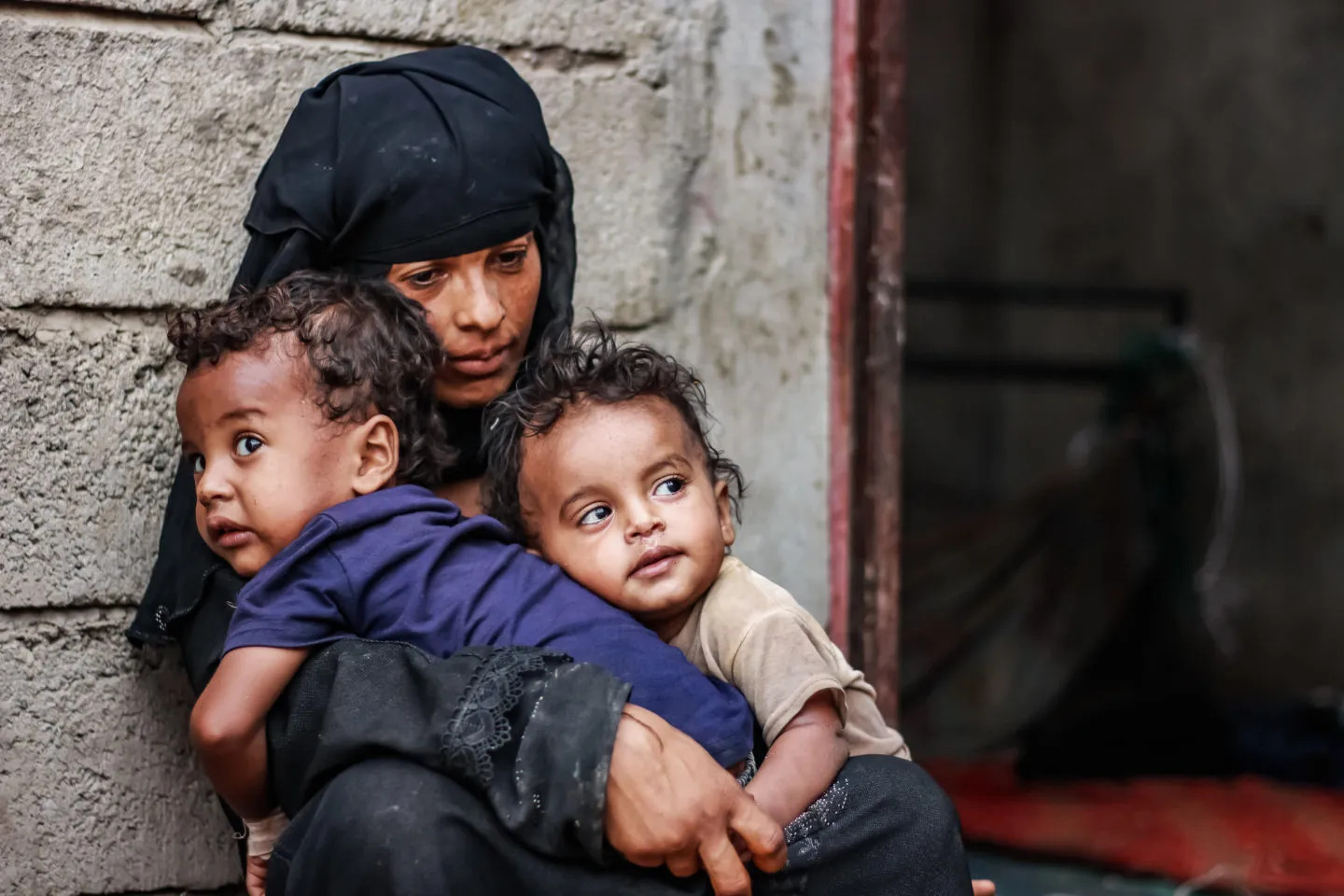
All photos: Jennifer Bose/CARE
14-04-2024 at 8 PM Aden Time
Aden (South24)
A recently released report from the World Bank has revealed that Yemen is on the verge of becoming the world’s poorest country as a result of war and worsening levels of food insecurity.
The ‘Poverty and Equity Briefs’ report is released twice a year for the biannual meetings of the World Bank Group and International Monetary Fund, providing up-to-date assessments of poverty rates for over 100 developing countries, and ranking them.
The Spring 2024 iteration of the briefs, released in April, ranked Yemen as the 12th poorest country in the world alongside Afghanistan, Haiti, Somalia, South Sudan, Sudan, and countries in the African Sahel, with Yemen expected to fall to last place soon.
The report noted that Yemen had been suffering from poverty even before the outbreak of its ongoing war, due to already being classified as a low-income country, with 49% of the population living below the national poverty line.
Yet the conflict, which has been going on for almost 10 years, has aggravated the situation much further.
The report explained that due to a lack of accurate data, it was difficult to accurately determine the number of poor people and analyze the root causes of poverty in Yemen.
It said that Yemen has slid from its position as the poorest country in the Middle East and North Africa to now being one of the poorest countries in the world.
"While there was some optimism that the informal truce could be transformed into a permanent ceasefire in 2023, this hope quickly dissipated," the report added.
The report warned that the conflict in the Middle East and its repercussions have greatly exacerbated the crisis in Yemen, and threatens to worsen the suffering of Yemenis even further.
The report outlined the main causes of poverty in Yemen as food insecurity, unreliable income and livelihoods, and repeated exposure to economic shocks.
It noted that food insecurity peaked in 2018, before the slight improvement of conditions in 2019 and 2020 thanks to humanitarian aid.
However, the Houthi militia's military campaign in Marib, the COVID-19 pandemic, and the war in Ukraine have worsened the situation again, according to the report.
The report also noted that food supplies have declined significantly during the conflict, yet Yemen's population has increased by 18% since 2015.
It is estimated that only 15% of Yemenis are connected to the national electricity grid as of 2023, compared to 78% in 2014, as per the report.
South24 Center